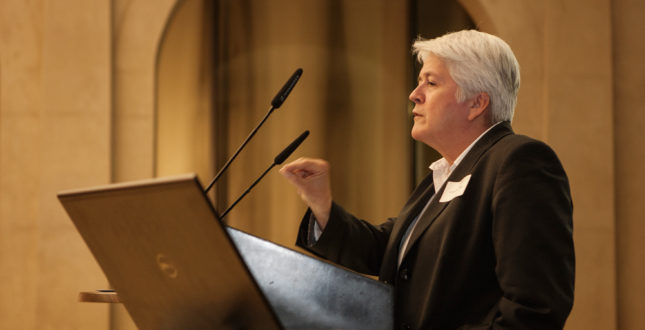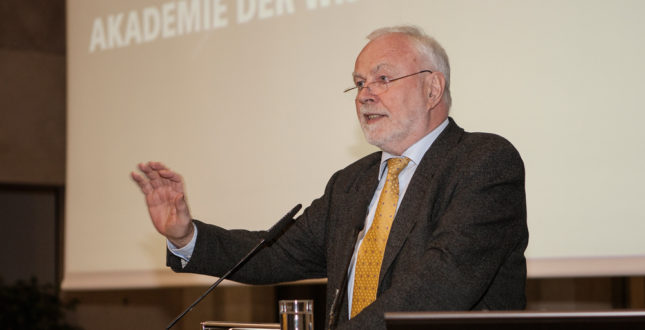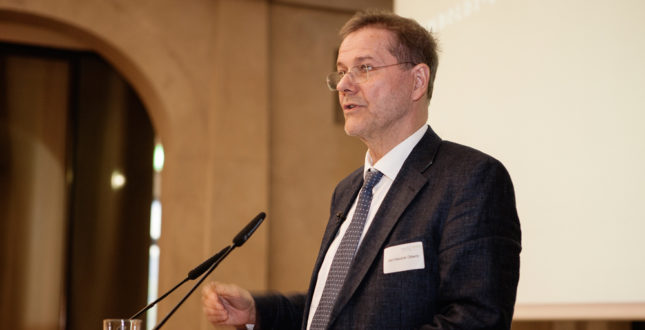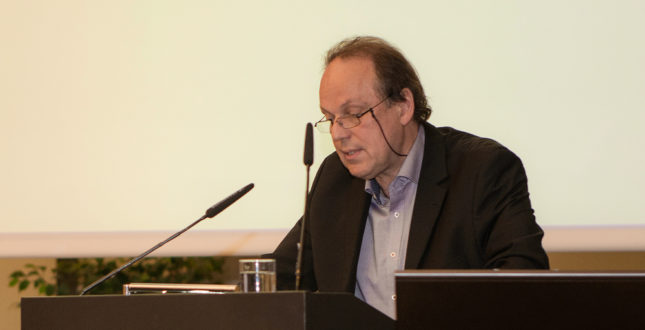Open Access Strategy
Topoi implemented the idea of open access in the sciences
Ever since the “Berlin Declaration on Open Access to Knowledge in the Sciences and Humanities”, leading international scientific organizations have made free access to digitized resources and open-access publishing priority goals. With the Edition Topoi research platform, the Excellence Cluster Topoi committed itself to the idea of open access in sciences. On the basis of open content licenses all publications issued by Topoi – books, periodicals, data – are made available worldwide, barrier-free and free of charge.
Furthermore Topoi actively advocated open access to scientific knowledge. A corroborative note on the “Berlin Declaration“ formulated by the Excellence Cluster Topoi calls on libraries, museums, archives and educational institutions to make their digital documents available as computer-readable objects, accessible worldwide and without restrictions.
The declaration was signed on April 18, 2016 by the directors of the Excellence Cluster Topoi and representatives of its supporting institutions – the Freie Universität Berlin and Humboldt-Universität zu Berlin – and its collaborative partners – the Berlin-Brandenburg Academy of Sciences, the German Archaeological Institute, the Max Planck Institute for the History of Science, and the Prussian Cultural Heritage Foundation. The signatories advocate that digitalized research data should undergo the same process of quality control like other scientific publications, and that they should be accessible as as computer-readable objects, worldwide and without restrictions.
The signing took place within the framework of the event “Wissenschaftlich Publizieren+”, in which the publishing platform Edition Topoi was presented to the public for the first time.
The signed declaration reads as follows: “This mission statement aims to encourage the scholarly world to open up its digital repositories to interoperability and computational access. Research data like digitized texts, images, 3D models or database content should be long-term archived and quality assured, individually referable, citable, computationally accessible and processable.”








